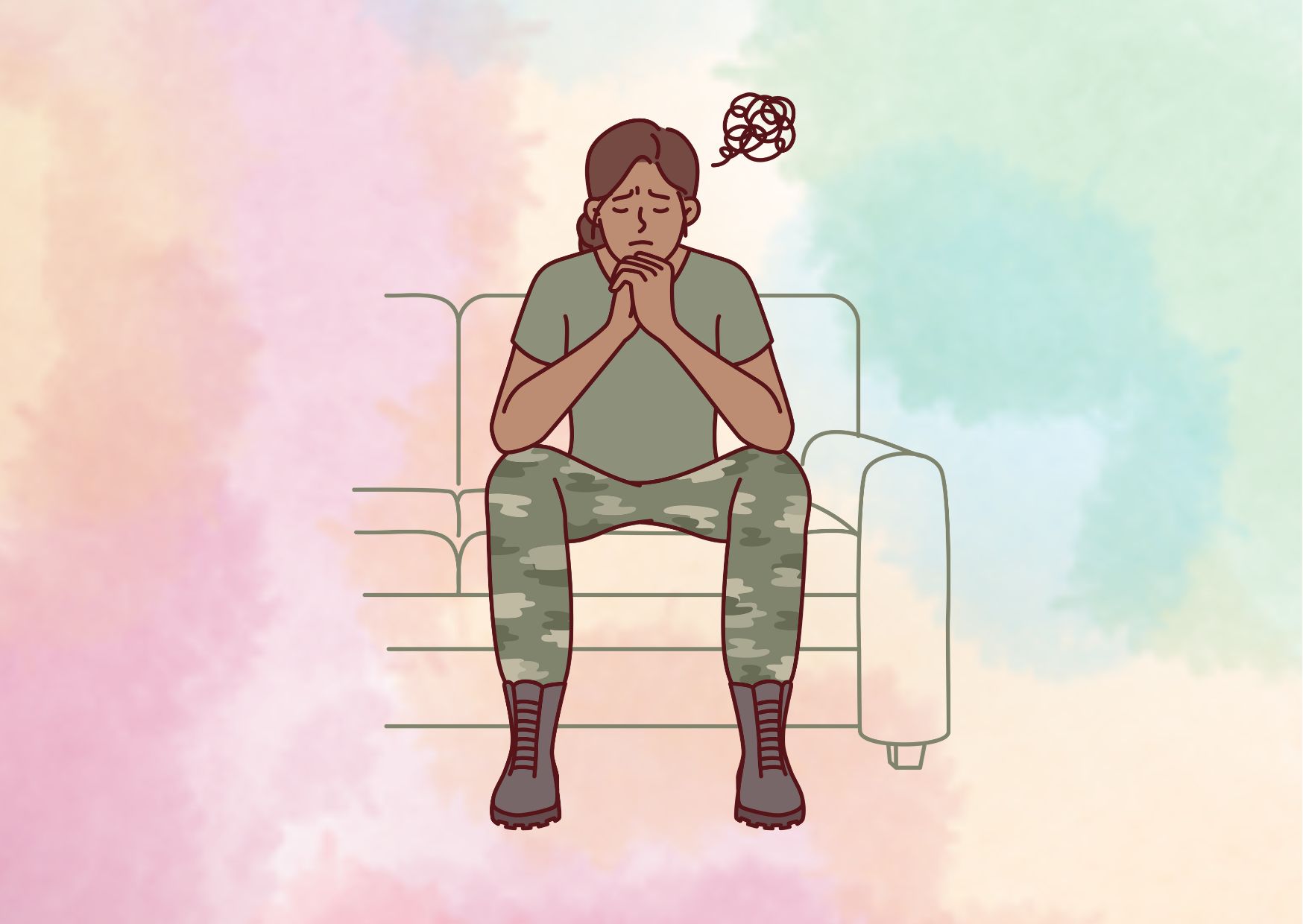8 Effective tips for Marital Problems in Military Life: A Soldier’s Perspective
Military life presents a unique set of challenges that can strain even the strongest relationships. For soldiers and their spouses, navigating the demands of military service and maintaining a healthy marriage requires resilience, open communication, and a strong support system. The transient nature of military lifestyle, coupled with long deployments and the psychological effects of combat exposure, can take a toll on intimacy, trust, and overall marital satisfaction.
The rigors of military life, including frequent relocations, extended separation due to deployments, and the ever-present risk of injury or loss, can exacerbate marital strain and emotional distress. Reintegrating into family life after deployment can be a daunting process for both soldiers and their loved ones, often leading to feelings of disconnect and difficulties readjusting to the civilian world. Seeking professional counseling, leveraging community resources, and fostering a supportive network can be invaluable for military couples navigating these hurdles.
The Dual Lives of Soldiers
Military service demands a delicate balance between personal and professional lives, posing unique challenges for soldiers and their marital relationships. According to the U.S. Department of Defense’s 2019 statistics, approximately 50% of service members are married, with at least 7% being in dual-military marriages where both partners serve actively.
Balancing Personal and Professional Lives
Striking a harmonious work-life balance is a significant hurdle for warfighters. More than half of active-duty and reserve forces have family responsibilities, juggling their roles as partners, parents, or caregivers alongside their military duties. This dichotomy can lead to conflicts, as events or emotions from one aspect of life inevitably spill over into the other.
Work-to-family conflict arises when the demands of military service interfere with family life. Negative experiences at work, coupled with the stress of deployment, relocations, and safety concerns, can contribute to depression, anxiety, and strained relationships at home. Conversely, family-to-work conflict occurs when family demands hinder the fulfillment of professional responsibilities, impacting job performance.
The Unique Challenges in a Soldier’s Marital Life
While all marriages face ups and downs, military marriages encounter distinct practical and emotional challenges. Frequent deployments, often lasting months or years, can lead to prolonged separations, disrupting intimacy and communication. Relocations and irregular schedules can further strain relationships, making it difficult to maintain connections and find quality time together.
Moreover, the emotional toll of military service can be significant. Spouses may experience fear, anxiety, and loneliness during deployments, while soldiers grapple with the trauma of combat, loss of comrades, or service-related stressors. Financial strain, role shifts, and the need to rebuild intimacy after reintegration can also test the resilience of military couples.
Effective communication is crucial for navigating these challenges. Military spouses must openly discuss their fears, concerns, and needs, validating each other’s perspectives even during disagreements. Finding ways to stay connected, such as video calls, letter writing, or shared activities, can help maintain emotional bonds despite physical distance.
Emotional Toll
The emotional toll of military service can be immense, affecting not only the soldiers but also their families and loved ones. One of the most significant challenges faced by military personnel is Post-Traumatic Stress Disorder (PTSD).
Post-Traumatic Stress Disorder (PTSD)
PTSD is a mental health condition that can develop after experiencing or witnessing a traumatic event, such as combat, a natural disaster, or a terrorist attack. Symptoms of PTSD can include flashbacks, nightmares, severe anxiety, and uncontrollable thoughts about the traumatic event. For soldiers, the risk of developing PTSD is heightened due to the nature of their work and exposure to life-threatening situations.
PTSD can have a profound impact on a soldier’s emotional well-being and relationships. Veterans with PTSD are more likely to experience marital or relationship problems, parenting difficulties, and poor family functioning. They may struggle with intimacy, emotional expression, and communication with their partners. Additionally, PTSD has been linked to an increased risk of domestic violence and aggression within families.
Coping Mechanisms for Soldiers
Coping with the emotional toll of military service is crucial for soldiers and their families. Here are some strategies that can help:
- Seek professional help: If PTSD symptoms persist for more than four to six weeks, it is advisable to seek professional help from a mental health care professional. Military installations often have family service centers or counseling services available.
- Join support groups: Connecting with others who have gone through similar experiences can provide a sense of understanding and support. Support groups for military spouses and families can be invaluable resources.
- Practice self-care: Engaging in relaxing activities, exercising regularly, and maintaining a healthy diet can help manage stress and promote emotional well-being.
- Communicate openly: Open and honest communication with loved ones is essential. Sharing thoughts and feelings can help prevent isolation and strengthen relationships.
- Limit media exposure: Excessive exposure to news coverage or social media related to traumatic events can exacerbate symptoms. It’s important to limit exposure and prioritize self-care.
- Seek community support: Engaging in community activities, volunteering, or participating in social events can provide a sense of purpose and connection, which can be beneficial for coping with emotional challenges.
It’s crucial to remember that seeking help is a sign of strength, not weakness. By addressing the emotional toll of military service, soldiers and their families can build resilience and maintain healthy relationships.
Marital Strain
The rigors of military life can exert immense strain on marital relationships, leading to communication breakdowns and emotional disconnection. Here, we delve into the impact on spouses and the challenges in maintaining open and effective communication.
Impact on Spouses
Spouses of military personnel often grapple with the realities of their partner’s service, including frequent relocations, extended separations during deployments, and the ever-present risk of injury or loss. These factors can contribute to high levels of anxiety, depression, and post-traumatic stress disorder (PTSD), taking a toll on their mental health and overall well-being.
Moreover, military spouses frequently face disruptions in their own careers and educational pursuits. The constant need to move and the lack of a robust support system can hinder their ability to maintain career longevity or advance professionally. This can lead to frustration, a sense of lost identity, and financial strain, further compounding the marital strain.
Communication Breakdowns
Effective communication is crucial for maintaining healthy relationships, but military couples often face significant barriers in this regard. During deployments, service members may have limited access to communication channels, making it challenging to stay connected with their spouses and families. Even when communication is possible, there may be restrictions on the topics that can be discussed, leading to a sense of emotional distance.

